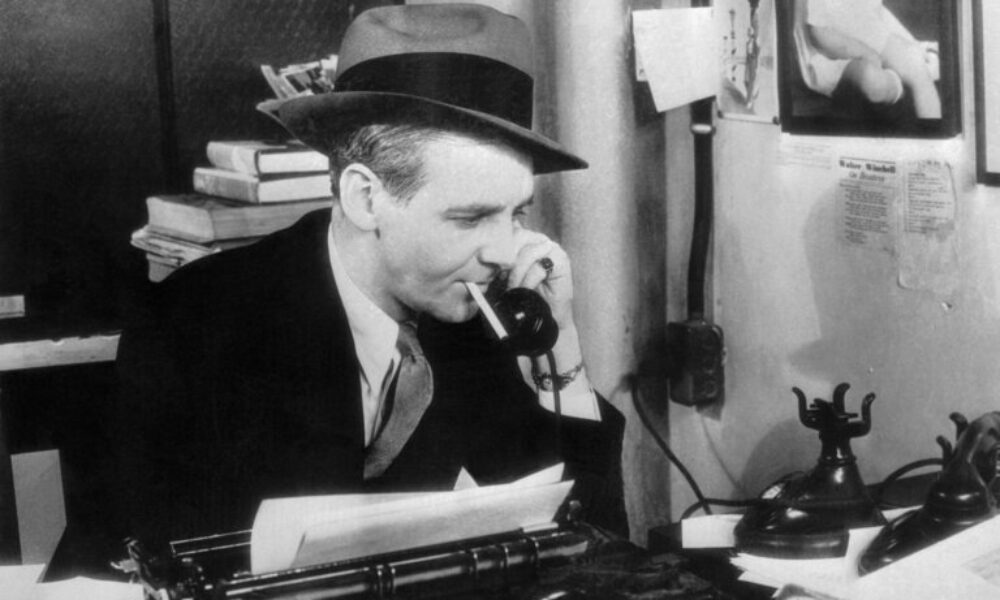The ripest, richest casino prize in the United States is about to be awarded. New York is poised to grant up to three casino licenses for the Big Apple (or one of its inner suburbs).
At one point there were eleven bidders for those three licenses. But three have withdrawn from the race. Las Vegas Sands was very vocal about the potential for igaming to be legalized in New York when it backed out of its plan to develop a casino-resort in suburban Nassau County. A NYC-area casino would be much less valuable with igaming available, Sands said – not worth the time, effort, and capital that would be required. Wynn Resorts and Saks Fifth Avenue found the process too convoluted, long, and expensive. Wynn said it had better use for its capital, like buying back shares of its stock, building a resort in the UAE, and possibly one in Thailand.
A fourth, Bally’s, was nearly eliminated twice by efforts of the New York City Council. Most recently, on July 14th, the Council denied a zoning change required to expand Bally’s Bronx golf course into a casino-resort, thereby derailing its bid. Then, on July 30, Mayor Eric Adams overrode Council with a veto that grants the zoning change and keeps Bally’s in the mix.
In addition to Bally’s there are seven other contenders for the prize: Caesars, Mohegan, and a partnership that includes Greenwood Gaming and Rush Street Gaming in Manhattan; Hard Rock and Genting in the borough of Queens; a partnership that includes the Chickasaw Nation and Saratoga Casino Holdings in the Coney Island neighborhood of Brooklyn; and MGM just over the city line in suburban Yonkers.
Most of of the bidders are partnered with local developers that have higher profiles in New York City than any of the casino companies.
The official bids were submitted at the end of June. The proposals range in projected cost from $2 billion to $11 billion. Each comes with lots of bells and whistles to please the locals, including several proposals to build affordable housing as part of the development – an urgent issue in New York City. In addition to the cost of developing those properties, winning bidders will have to pay $500 million for a license. There will be other fees and costs related to the license; one source estimated the final cost for a New York City casino license at $1 billion. Pricey enough to validate the decisions of Las Vegas Sands, Wynn and Saks.
The next step, currently underway, is a review of the applications by a Community Advisory Committees (CAC) for each bid, each consisting of six people. The committees are politically chosen. One committee member on each committee was appointed by the governor, the mayor, the local state senator, local state assembly member, the borough president and the local city council member.
Some of the members are outspoken opponents of a casino in their borough, guaranteeing conflict and controversy. To receive CAC approval a project must earn at least four votes. Each committee must hold two meetings to review the projects and hear public comments. The committee-approved proposals then move on to the state gaming commission which will grant up to three licenses. The awarding of licenses is expected by the end of the year.
Two bidders have a leg up on the others: MGM and Genting already operate slots-only racinos at their proposed casino locations. MGM operates Empire City in Yonkers. It has 4400 slot machines and generates over $600 million a year in gross gaming revenue. MGM is proposing a $2.2 billion expansion to its property. The CAC reviewing this application is likely to approve it for two reasons: it is local; and MGM can deliver on its promise much quicker than other applicants.
Genting operates Resorts World New York City in Queens. Resorts World also has 4400 slot machines that produce nearly $700 million annually in GGR. Genting is offering to spend $5.5 billion on its expansion, and is expected to receive CAC approval for the same reasons as MGM.
If MGM’s and Genting’s applications are successful, that leaves six contestants fighting over one remaining license. The battle will be fought in public, in the famous New York City media. Gaining public support is considered an important element in the selection process. As with all good NYC stories, this one has the media all over it. One can image New Yorkers drinking their morning coffee, finishing a Times or New Yorker puzzle and then checking on the Yankees, Mets, Knicks, Nets – and the casino bids.
Also eagerly following the developments are politicians, regulators, and gaming operators in New Jersey. While the Empire State may see lots of upsides to Big Apple casinos, Atlantic City will struggle to find a silver lining in that cloud, and for good reason. The casinos in Atlantic City have not recovered yet from the opening of casinos in Pennsylvania, the Great Recession, and COVID. Overall gross gaming revenue since 2021 has climbed to record levels due to the introduction of mobile sports wagering and igaming. Land-based casino revenue is 40 percent or so below 2006.
The pending fall of the other shoe is causing some angst. In New Jersey state and city officials are concerned over the loss of tax revenue, so much so that they’re considering the once-unthinkable: allowing casinos to open at the Monmouth Park and Meadowlands racetracks north of Atlantic City and closer to NYC.
The concern is further conflicted by some of the NYC bidders: Hard Rock, Caesars, MGM, and Bally’s all operate casinos in Atlantic City. People are asking if upon receiving a New York license the operator will abandon the Boardwalk for the Big Apple. An interesting question to add to the list of questions concerning New York City and a casino license. Open the Times, Daily News, Post, Newsday, or The Wall Street Journal and follow the play by play. Rumor has it that both Walter Winchell and Damon Runyon will be doing a column on the game.



